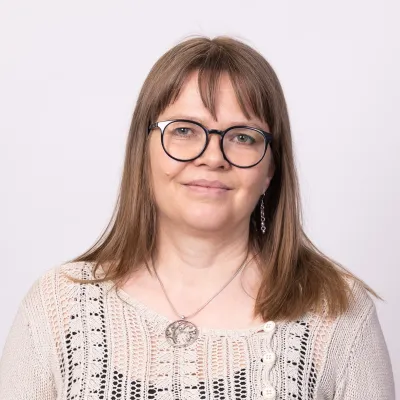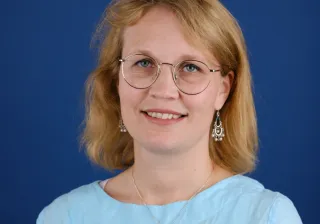Telaketju, a network promoting sustainable recycling of textiles, shifts its focus from recycling to managing the whole value chain, extending textile life-span and creating novel business models. A two-year R&D project, led by VTT, will gather more than 20 companies and research partners together to create a sustainable basis for the circular economy of textiles.
"We have an excellent opportunity in Finland to build an ecosystem where textiles are recycled in a sustainable manner. The first phase of the Telaketju project clearly indicated that both companies and consumers are interested in the recycling and the circular economy of textiles, and we also have lots of diverse know-how. Now it's time to find out how to turn the circular economy of textiles into a business," says Senior Scientist Pirjo Heikkilä from VTT who coordinates the Telaketju project.
The first two-year phase focused on identifying, testing and comparing recycling methods used for textile. The network also drew a rough outline of what sustainable recycling requires from the value chain. This work will continue in the second phase of the project, which focuses on the circular economy of textiles as a whole as well as its new business models.
Turning end-of-life textiles into high-quality textile products
The R&D project Telaketju 2 covers the value chain of a textile product starting from product design. Its goal is to find out how clothes and other textiles can be made to last as long as possible and to adapt to changing tastes and needs of consumers. One solution may be textile-as-a-service concept, which is one of the many business models studied in the Telaketju 2 project.
When a used textile product proceeds to recycling, product information will take a crucial role, and it is also one of the focuses in the project. Basic information, such as the share of cotton or polyester, is not enough, since the quality, and hence the further use of textile fibres is influenced also by their past use and recycling as well as added chemicals.
"Managing product information is extremely important, in order to turn textile waste into products of highest possible degree of processing, such as high-quality clothes and other textiles," says Heikkilä.
"Through the Telaketju project, Finland has created significant expertise in textile recycling as well as a wide network of cooperation. They will help in finding sustainable textile solutions which will be in line with the recycling and circular economy goals of Finland and the EU. The Telaketju 2 project belongs to Business Finland's Bio & Circular Finland programme, where textile recycling and its new business opportunities are one of the key themes," says Sisko Sipilä, Chief Adviser of Business Finland.
Besides VTT, Turku and Lahti Universities of Applied Sciences and five companies participate in the project with their own R&D project.
The public part of the Telaketju 2 project is called Business from circular economy of textiles, and it is financed by Business Finland and more than 20 companies and other organizations.




